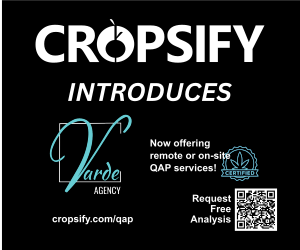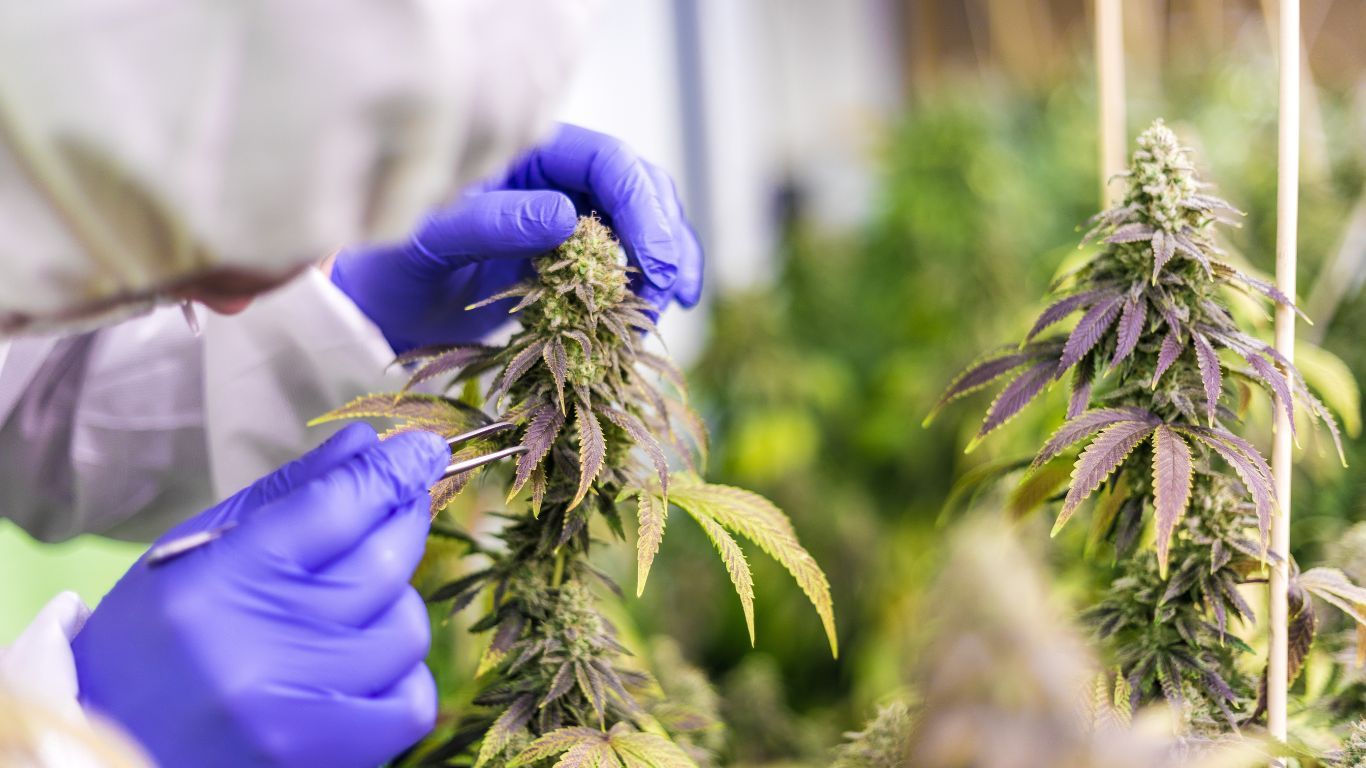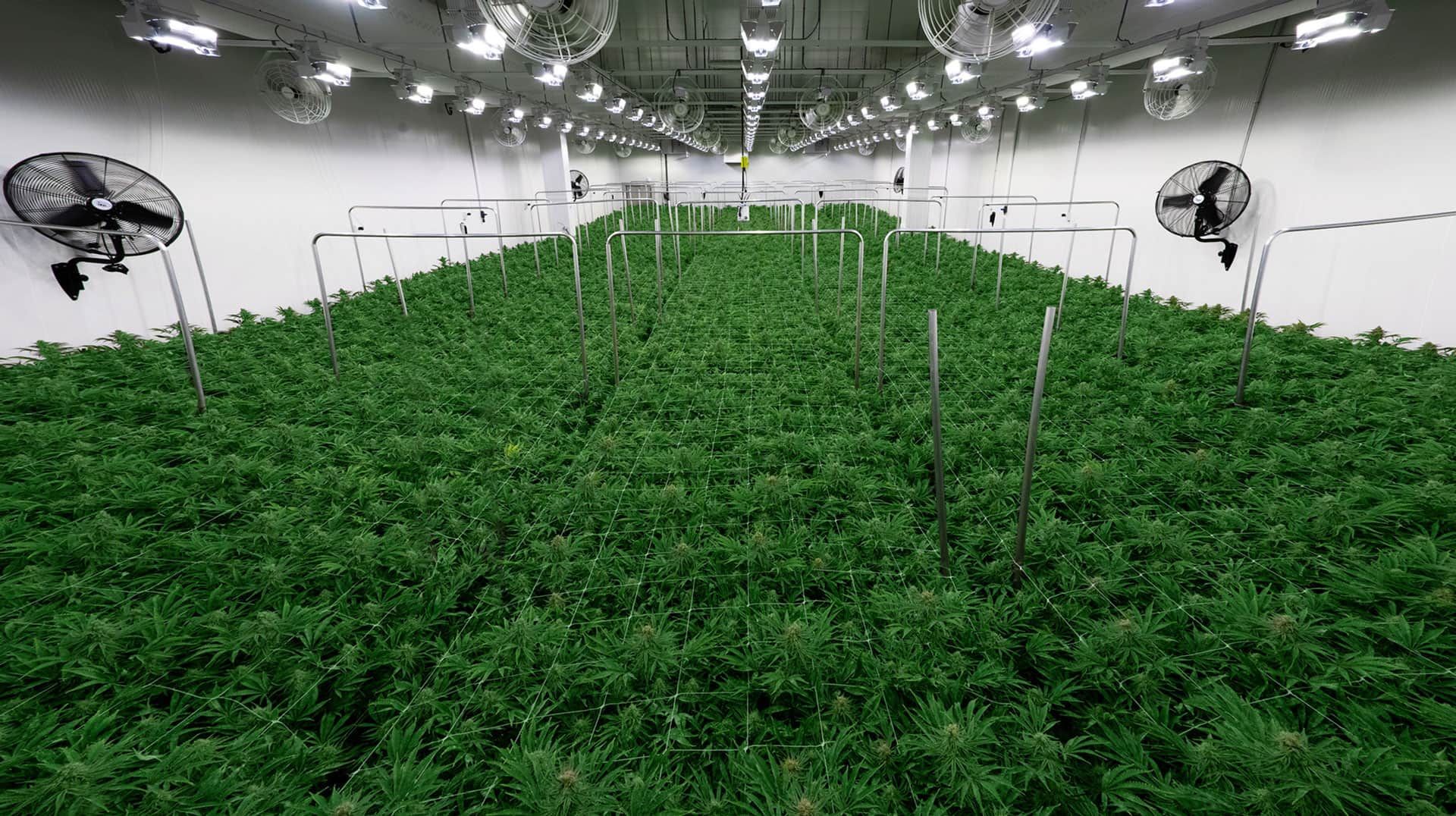
As many Canadian cannabis companies struggle in a market suffering from price compression, extensive regulation and taxation, and black-market competition, there are also those companies out there that have what it takes to succeed.
For many, that means having a focused approach to a specific product category. In the case of MTL Cannabis, which now has positive income and cash flow following a reverse takeover involving Canada House Cannabis Group Inc., that’s a “flower first” approach.
“The market continues to show that roughly $0.70 of every dollar spent is on flower products,” says Michael Perron, MTL Cannabis’s CEO. “For us, it’s the perfect alignment between our core competencies and what the market values.”
Focus is important. Trying to be all things to all people and spreading yourself too thin – as is the case with many large companies – can be hard to manage, and risky.
“I have an amazing one-of-a-kind cultivar – that’s the real star of the show – but the way I grow is also special,” says Jeff Aubin, president and CEO of Smoker Farms in BC’s Kootenay Boundary country. “I’ve been working with this strain for decades, and I know all the small, essential steps. We don’t roll out a new strain every 6 or 8 months.”
Other companies find success with unique production environments. Sweetgrass Cannabis, also in the Kootenay region, grows its certified organic crop using fresh local water from a nearby mountain.
“The Sweetgrass method consists of organic hybrid living soil,” says Julien Leclair, Sweetgrass’s master grower. “Our beds are full of earthworms. We have as close to a natural ecosystem as possible while growing indoors. Beneficial insects help us in our pest management control.”
Though these stories are varied, the common thread is that successful companies have deep engagement and knowledge – of their products and of their customers.
“We learned from the big businesses that you can’t just grow a lot of cannabis, sell it, and make a huge profit,” says Kevin Varner, master grower at Royal Harvest in Westbridge, BC. “Everybody has to find their lane, figure out what it is. It takes a lot of hard work, and you have to commit to it.”
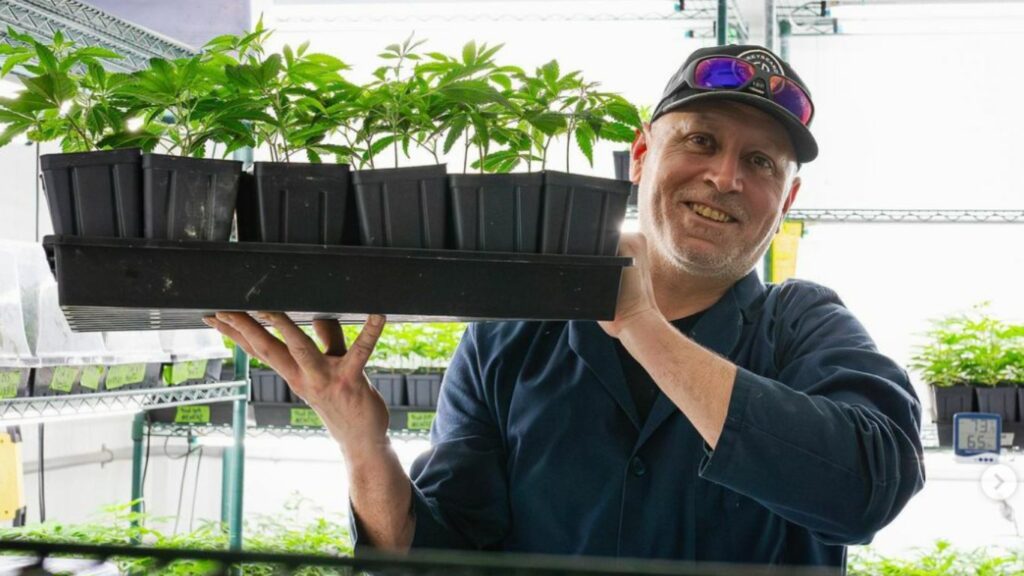
The business of community
Despite raising significant funds in the early days of legalization, larger cannabis companies have struggled. One reason, say many successful growers contacted by StratCann, is that they failed to understand the importance of collaboration and community.
“One of the big things we’re doing is working in collaborations,” says Varner. “Together, as a community, we can raise this industry up together, and make it work.”
This differs from some of the big companies, many of whom have attempted to dominate the market with an abundance of shareholder-subsidized, mid-grade flower. Unlike these organizations, smaller successful operations are more closely connected to their neighbours and customers, with an intense focus on quality and consistency.
“We’re heavily involved in our community,” says Aubin from Smoker Farms. “We hire eight people locally who have insight into the lives of cannabis growers, and what it takes to succeed.”
By emphasizing people as much as the bottom line, these growers have found that they’re more resilient, with less employee churn.
“It sounds as if the rest of the industry has a fairly high staff turnover,” says Gemma Hayes, Medical Care Coordinator at Sweetgrass. “In our entire time in operation, we’ve had one retirement and one person leave for their dream job. We’re a tight knit, close team. We all live in the same community, and are friends.”
Hayes says that Sweetgrass encourages a work-life balance while paying significantly above the living wage for the area. This can make a business more stable and help to ensure that product consistency and quality are maintained.
Success is a lifestyle
Growers contacted by StratCann were clear that, while a company must be run competently, there has to be an intimate relationship with the product itself, which requires significant commitment.
“For me, this isn’t a job – it’s a 24/7 lifestyle,” says Varner. “I’m in the garden on birthdays, holidays, anniversaries, to ensure the highest quality product. Everyone I know who’s succeeded has adopted this approach.”
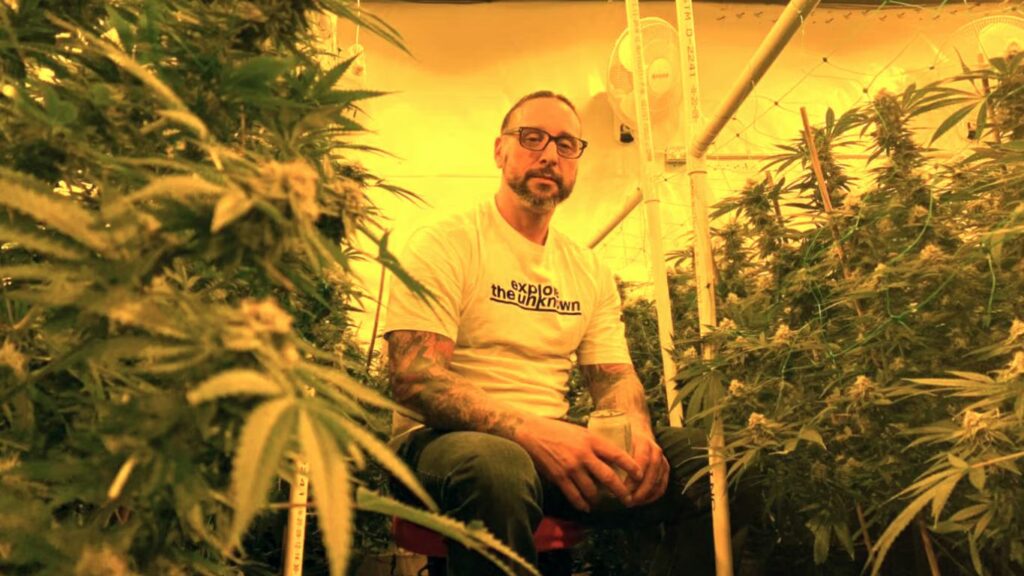
If the market has learned anything from the experience of the large cannabis companies, it’s that when business people with no prior engagement with cannabis grow large amounts of flower, failure is likely. By comparison, it’s the smaller-scale legacy growers, many of whom were never obsessed with getting rich, who are now running stable businesses.
In the example of Sweetgrass Cannabis, a certified organic producer, 90% of the team transitioned from legacy, with the majority working together for years before legalization.
“We treat the cannabis plants with a lot of respect,” says Leclair from Sweetgrass. “The staff are also passionate about growing good local organic food, and sharing different techniques.”
The cannabis culture in the Kootenays has also contributed to Sweetgrass’s success.
“The black market was different here than in other places,” says Hayes. “The whole community benefited, and there was a collaborative rather than competitive energy. There still is…We have highly experienced cultivation and production teams because of this local culture and experience.”
“Money doesn’t grow cannabis,” says Varner. “It takes the people who have the passion for it. It’s a living thing, and every step of the process counts – one day to us is a year to a plant. You can’t just throw a plant into a room with water and lights, and expect to sell it.”
These values must be maintained to scale successfully, which can be challenging.
“We always say, ‘Before there was a cannabis industry, there was a cannabis community’, says Perron from MTL Cannabis. “It’s something we’ve always known and believed in. We started with two brothers who loved to grow one particular type of plant: cannabis. We know that wherever you go from there, the flower comes first. It’s your foundation for everything else.”
The Right Decisions
Nonetheless, to succeed in a competitive market means making some hard choices.
“We aren’t selling any 14 or 28 gram bags,” says Aubin from Smoker Farms. “The price slope is too great, and it falls on the shoulder of the grower, given that the retailers and processors aren’t expected to make the same cuts. We won’t sell weed that cheap.”
Maintaining quality isn’t always easy. It means making tough decisions that support long-term sustainability, as opposed to short-term gain.
“Our ‘reject pile’ looks like many other places’ inventory,” says Hayes from Sweetgrass. “We won’t just release any good-looking flower onto the market. It has to satisfy many criteria before we’ll consider dedicating space in the grow room.”
These kinds of decisions can be difficult in a tough economic environment. However, for those companies that have managed to stay lean while maintaining deep connections to their communities and product, success is at hand.
“At the beginning of the journey we were close to bankruptcy after the first year,” says Aubin. “Our accountant was worried for us. But after our last visit, he’s impressed with the leaps and bounds we’ve made in the business.”
Featured image of MTL Cannabis








